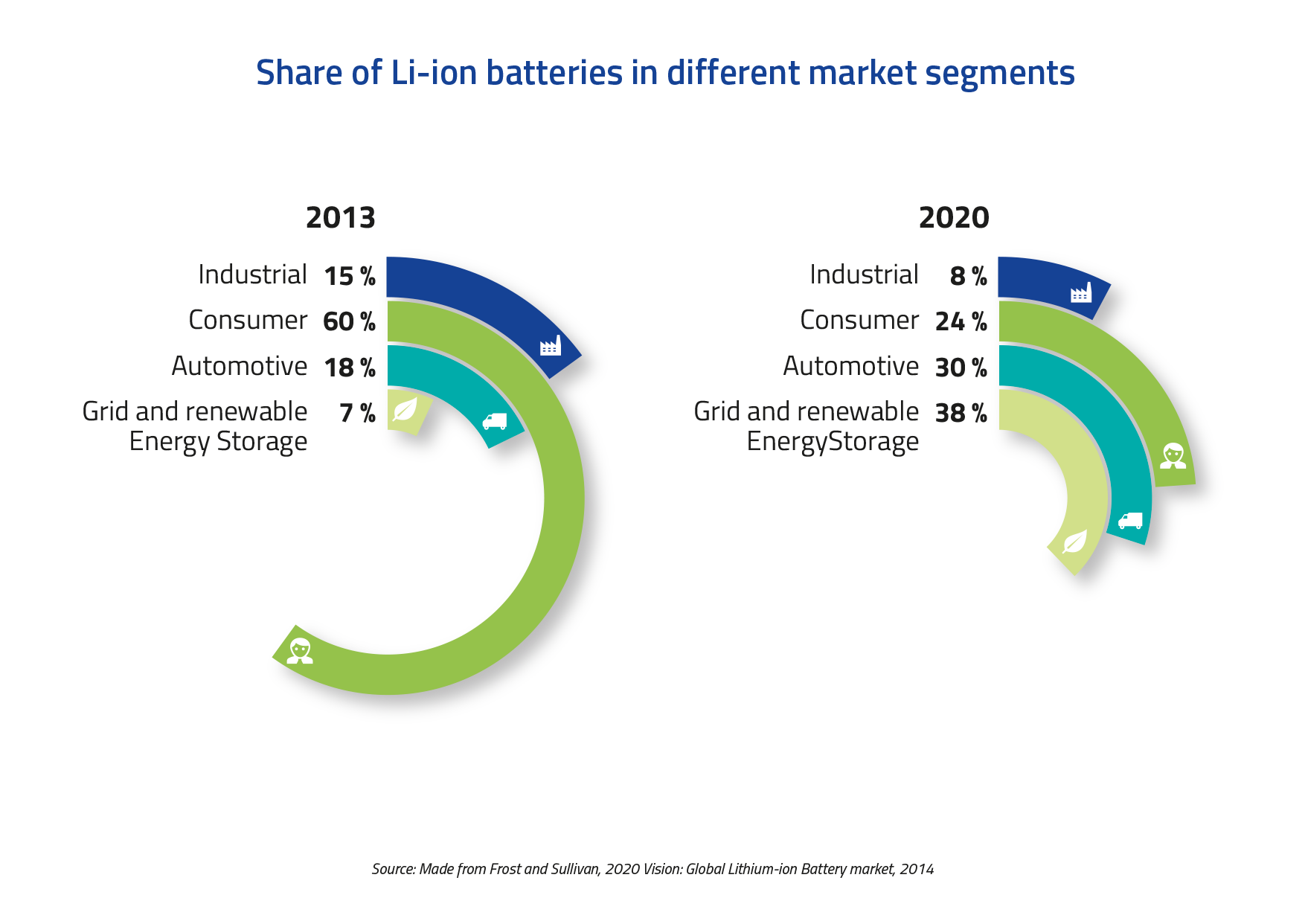Business Model Innovation: Is charging-as-a-service the best mobility storage business model?

Mobility storage business models are not necessarily in for (r)evolution as the numbers of EVs and FCVs on the road increase. But major changes are on the way as refueling is performed with the development of charging-as-a-service. We will look at the following business models:
- Vehicle business models;
1.1 Proprietary and easing models
1.2 Battery leasing
1.3 Mobility as a service - Charging business models
Vehicle business models
The higher upfront cost of vehicles may advantage leasing models over proprietary models but these two models will largely dominate the market. In order to lower the hurdle of a higher purchase price of EVs for potential buyers, some car manufacturers are experimenting with the concept of battery leasing, separate from the purchase of the EV itself.
Few initiatives, such as AutoLib’ in Paris, are developing mobility-as-a service where the traditional model of car ownership is changing. However, the entire shift toward mobility-as-a-service needs more time and the main concerns about business models for the uptake of EVs and FCVs are for charging services providers.
The installation of charging infrastructure is costly and its deployment at an international scale comes at a cost too high for governments to bear alone. At the same time, the operation of these stations (both slow and fast charging) is quite challenging because of the low margin. It is difficult to generate sufficient revenue solely from the power sales to EV drivers who charge their vehicles, in order to recover the investment in the infrastructure.
Charging business models
Some charging service providers, such as New Motion in Europe, have followed a different approach. They provide both the hardware (i.e. actual charging stations) and back-office services (such as payment and billing services) as a turnkey solution for customers who want to have charging stations installed. These include retailers, municipalities, and businesses with parking lots for their guests and employees. EV drivers pay for a subscription with the service provider and can get access to the network of all publicly accessible stations connected to the network. Municipalities and businesses are paying for hardware and installation of charging points. As a result, the actual infrastructure is funded by numerous parties, which have the freedom to set their own pricing scheme for the charging stations that are installed, and decide whether they are public or private. For the charging services provider, revenues are generated by the hardware sales and the subscription fees from EV drivers, as well as the fees for the back-office services delivered to customers.
As a potential solution to infrastructure and charging time issues, battery swapping could also be a quick recharge alternative for EV drivers. However, this solution still requires elaboration before a wide scale adoption. From this analysis, proprietary and leasing models will continue to dominate while the future of battery leasing is uncertain.
What can you do now?
Digital transformation is radically disrupting the energy industry. Business models need to adapt to keep pace with change. But as we move from products to services, from bricks and mortar to platforms, and with decentralisation changing the playing field, how do you stay up to speed with changing regulation? How do you ensure you’re truly optimising the opportunities?
InnoEnergy is now accepting enrolments on a new and innovative workshop on the topic: Business Model Innovation and Energy (Storage) Regulation. Through workshop-based learning, you build big-picture understanding of the latest energy technology, business model innovation in an evolving energy landscape, and the impact of new and emerging regulation on business.
This workshop is the perfect opportunity to spot the opportunities in energy storage. To enhance your business model. And to re-shape the future of your business.


